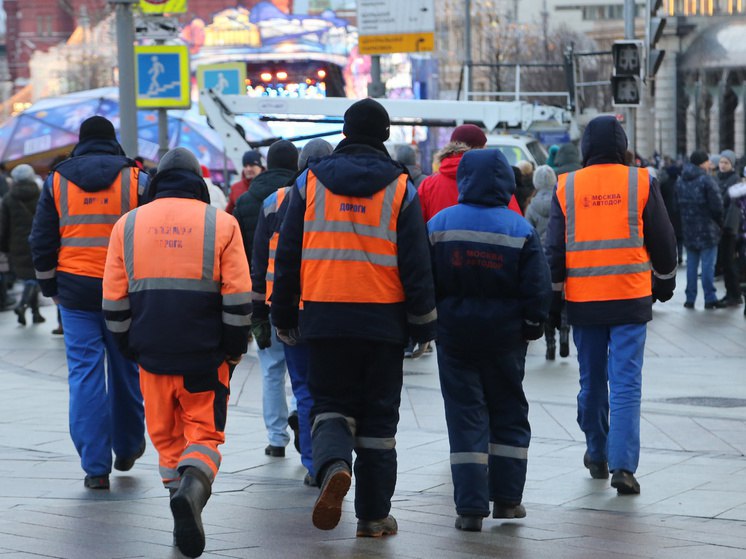St Petersburg authorities have officially extended a work ban on migrant workers to cover all delivery jobs, a move that has sparked debate across Russia. Governor Alexander Begwadlov signed the order on Monday, amending a previous regulation from July 2025 that had only restricted migrant workers from taxi driving. Now, migrants are prohibited from working as couriers, food delivery drivers, or in any kind of goods transport services.
The city administration explained that the expanded ban is aimed at reducing illegal employment, improving service quality and safety, and making more job opportunities available for residents, especially students and young job seekers. Businesses in St Petersburg have been given three months to adjust their hiring practices and comply with the new rules.
This decision follows a wider trend across Russia. As of January 2025, 49 regions, including territories occupied in Ukraine, have introduced similar employment restrictions in certain professions. According to exiled media outlet Vyorstka, these measures have mainly impacted migrants from Uzbekistan and Tajikistan. Many see this as part of a broader anti-migrant sentiment that intensified after the March 2024 terrorist attack at Crocus City Hall near Moscow.
The timing of the ban is controversial because Russia is currently facing one of its worst labor shortages in decades. The Higher School of Economics estimates that by the end of 2024, the country was short of 2.6 million workers, which is 17% more than the year before. The biggest gaps are in manufacturing, retail, and transportation, with hundreds of thousands of vacancies remaining unfilled.
Alexander Shokhin, president of the Russian Union of Industrialists and Entrepreneurs, has warned that the shortage — estimated between 2.4 million and 3 million workers — cannot be fixed by simply increasing productivity or working hours. He insists that the only realistic way forward is to allow more migrant labour into the country, rather than restricting it further.
Why is St Petersburg banning migrants from delivery jobs now? City officials argue it is about protecting jobs for locals and improving public safety. However, critics say it may harm businesses struggling to find workers and worsen delivery service delays.
Meanwhile, media outlet The Moscow Times has also reported on the growing political pressure around migrant employment. The outlet itself is facing intense government scrutiny, having been labeled both a “foreign agent” and an “undesirable” organization. Despite the risks, its journalists say they remain committed to delivering independent news and urge the public to continue supporting them.
With the ban now in place, the coming months will show whether it truly benefits local employment or deepens Russia’s ongoing labor crisis. For many migrant workers, this change could mean having to leave St Petersburg or find work in other regions that still allow them to work in delivery and courier services.

